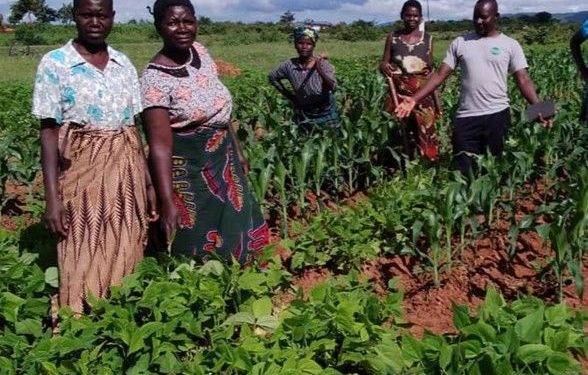Innovations in Cropping and Livestock Integration Enhance Food Security and Soil Health
Recent field days organized by CGIAR have brought together nearly 2,000 participants to explore innovative mixed farming systems (MFS) designed to address the pressing agricultural challenges faced by Malawian farmers. These events showcased a range of advancements aimed at improving food security, soil health, and livestock productivity.
Among the standout innovations presented was the “Mbili Mbili” strip cropping system. This technique involves alternating rows of different crops, which has been shown to significantly enhance soil health and increase maize yields. By improving soil fertility through natural processes and reducing the need for synthetic fertilizers, the Mbili Mbili system represents a key advancement in sustainable farming.
Additionally, CGIAR emphasized the integration of multipurpose crops within these farming systems. These crops serve dual purposes: they provide essential feed for livestock while also contributing to overall crop productivity. This approach not only boosts agricultural output but also supports the nutritional needs of both crops and animals.
The field days highlighted the effectiveness of these mixed farming systems in addressing the unique challenges faced by Malawian farmers. The ability to improve soil health, increase food security, and provide reliable livestock feed is crucial for building resilience in agriculture. The adoption of these practices is expected to enhance productivity and sustainability in the region’s farming systems.
Overall, the innovations showcased at the CGIAR field days underscore a commitment to promoting sustainable and resilient farming practices that cater to the specific needs of farmers in Malawi. By focusing on integrated solutions that improve both crop and livestock productivity, CGIAR is contributing to the development of more robust and adaptable agricultural systems.
Error




